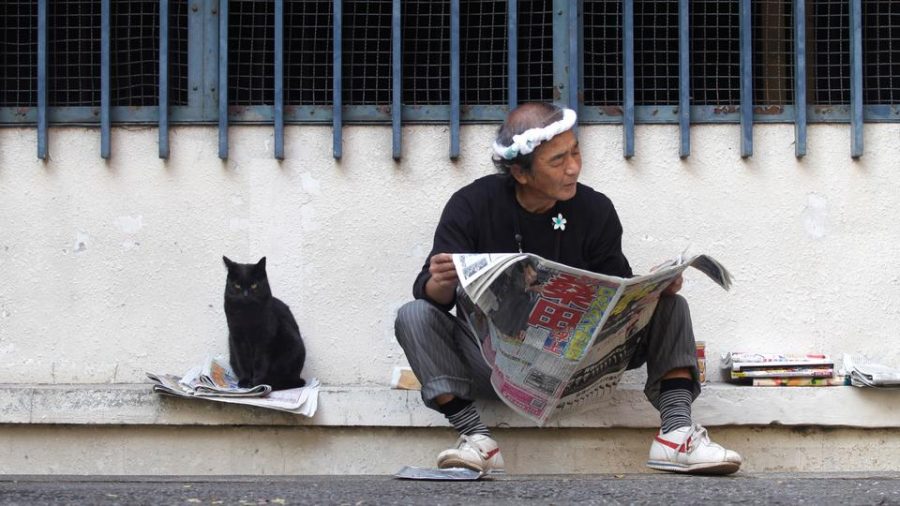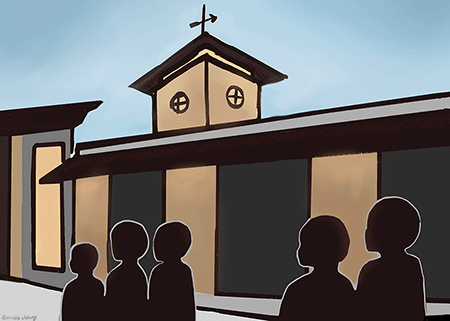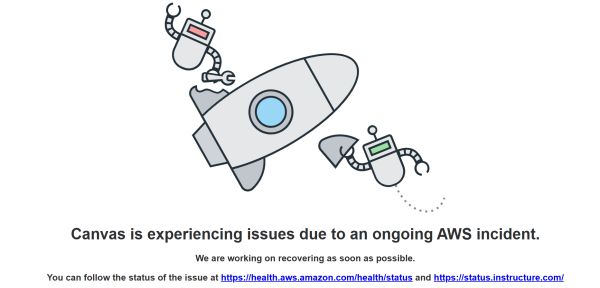A New Epidemic
Loneliness Sweeps the World
This August, I walked onto the Albuquerque Academy campus and took a deep breath. I felt happier than I had in months, and not just because of the inaugural breakfast burritos. We were all together as a class, buzzing with anticipation for our senior year. The tension I had harbored since school shut down finally began to unwind.
That tension wasn’t unique to me. A study conducted by Harvard University showed that 36 percent of Americans felt “serious loneliness” in October 2020. That number was 61 percent for young adults, coinciding with rates of anxiety and depression, which spiked to 63 percent. This decline in mental health contributed to both 2020’s nationwide spike in violent crime and Albuquerque’s new yearly homicide record. Loneliness extends into our physical health as well. According to Noreena Hertz, author of The Lonely Century, “loneliness is worse for our health than not exercising, as harmful as being an alcoholic, and twice as harmful as being obese. Statistically, loneliness is equivalent to smoking fifteen cigarettes a day. Crucially, this is regardless of what we earn, our gender, age, or nationality.” Citizens of wealthy countries suffer the worst — a 2017 study of the U.S., Europe, Australia, and Asia found that a lack of social connection increases our risk of early death by 50 percent.
These statistics may be surprising, but as the countries most affected by loneliness begin to emerge from pandemic lockdowns, why should we care? According to the Harvard study, 25 percent of Americans were seriously lonely two months before the pandemic took hold. In 2018, 40 percent of 16-24 year-olds felt lonely often or very often. The first-quarter homicide rate began trending upward in 2019, and the Albuquerque homicide record broken in August of 2021 was set in 2019. The pandemic deepened social isolation and exacerbated its effects, but it didn’t cause them.
The loneliness epidemic extends far beyond America’s borders. Japan recently appointed a Minister of Loneliness to manage rising suicide rates. In 2017 alone, approximately 45,000 Japanese citizens died alone in their apartments, their bodies decomposing for days, weeks, or even months before “death cleanup” services found them. Loneliness fuels the global rise of incels (involuntary celibates), men who “define themselves by their inability to form or access sexual relationships with women” and who often act violently to reclaim a perceived right to sex. The urbanization of China has left many rural inhabitants feeling lonely as well, and the rising surge of German and French right-wing populism stems partly from feelings of political isolation.
The Delta variant may have peaked, but the loneliness epidemic will continue to infect our health, technology, and politics, mutating through new social facets until we identify it.












Jullian • Oct 13, 2021 at 6:26 pm
I’m impressed Kira. You managed to keep yourself from mentioning incels until the fourth paragraph.